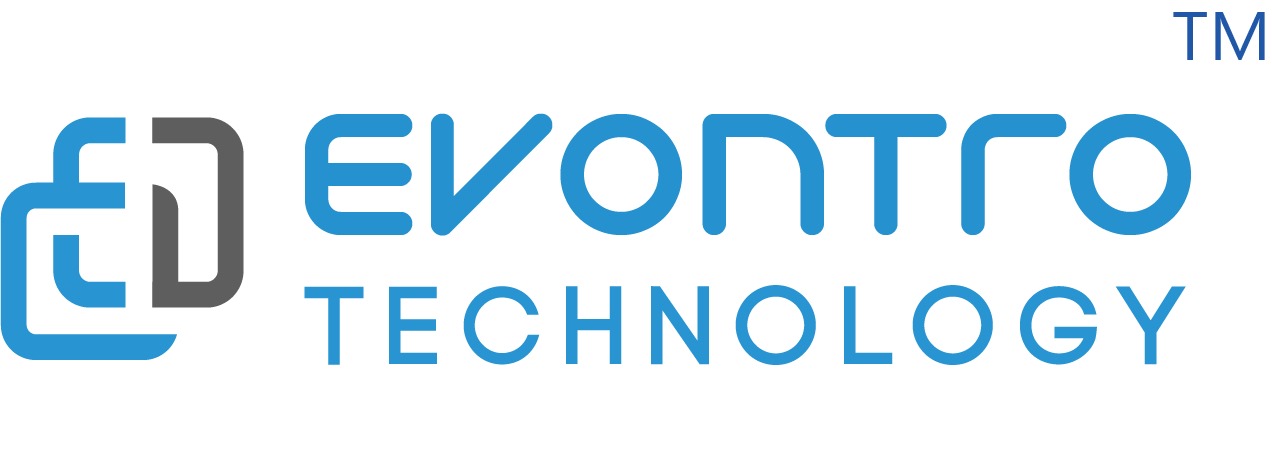What is Machine Learning? Advantages and Disadvantages
Machine learning, a buzzword that resonates strongly in today’s technological age, has significantly influenced a multitude of sectors, from healthcare to finance, and from entertainment to transportation. At its core, machine learning is a subfield of artificial intelligence (AI) where computer systems are trained to learn from data, thereby enabling them to make decisions without being explicitly programmed. It’s a powerful tool with an array of applications, but, like all tools, it has its strengths and weaknesses. This article aims to shed light on the advantages and disadvantages of machine learning.

Advantages of Machine Learning
- Automation and Efficiency: One of the most compelling advantages of machine learning is its ability to automate tasks. This automation not only makes processes faster but also eliminates the risk of human errors. For instance, banks are using machine learning algorithms to detect fraudulent activities. These algorithms can analyze millions of transactions in seconds and flag any suspicious ones.
- Personalized Experiences: Machine learning facilitates customization in user experiences. E-commerce platforms use machine learning to analyze users’ browsing habits and purchase history, enabling them to recommend products or services tailored to individual preferences. Similarly, streaming services like Netflix or Spotify offer personalized playlists and show suggestions based on users’ viewing or listening history.
- Predictive Capabilities: Machine learning can recognize patterns and predict future outcomes. This feature is particularly beneficial for industries like healthcare, where algorithms can predict disease outbreaks or patient complications based on historical data.
- Adaptable and Scalable: Machine learning models can adapt to new data independently. As they are exposed to more data, their accuracy and efficiency can improve. This scalability is crucial for applications like real-time analytics or when dealing with vast datasets.
- Data Mining and Insights: With the ability to process vast amounts of data, machine learning can discover hidden patterns and correlations that might be overlooked by human analysts. Businesses can use these insights to inform strategies, drive efficiencies, and gain a competitive edge.
Disadvantages of Machine Learning
- Data Dependency: Machine learning algorithms heavily rely on data. Poor quality or biased data can result in inaccurate or unfair models. This means organizations need vast amounts of relevant and high-quality data to train efficient models.
- Complexity and Resources: Developing and training machine learning models can be resource-intensive. It requires expertise, powerful computational resources, and significant time, especially for complex tasks.
- Lack of Interpretability: Some machine learning models, particularly deep learning models, are often seen as ‘black boxes’, meaning it’s challenging to understand how they arrive at a particular decision. This lack of transparency can be a significant concern in sectors like healthcare or finance, where explaining decisions is crucial.
- Ethical Concerns: There are concerns about machine learning perpetuating or even amplifying existing biases. If an algorithm is trained on biased data, its outputs can be discriminatory, leading to ethical and societal challenges.
- Over-reliance and Job Displacement: As industries increasingly adopt machine learning, there’s a growing concern about machines replacing human jobs, especially in sectors like manufacturing and customer service. Moreover, over-reliance on automated decisions without human oversight can lead to undesirable outcomes.
Conclusion
Machine learning undeniably holds immense potential and has already transformed the way we live and work. Its advantages, from automation to predictive analytics, have streamlined processes, enhanced user experiences, and unearthed deep insights from data. However, its disadvantages, like data dependency and ethical concerns, remind us to approach this technology with caution and diligence.
As we stride further into an age dominated by AI and machine learning, it becomes imperative to harness its strengths responsibly while being acutely aware of its limitations. Only by doing so can we ensure that machine learning serves as a tool for enhancement rather than detriment.

